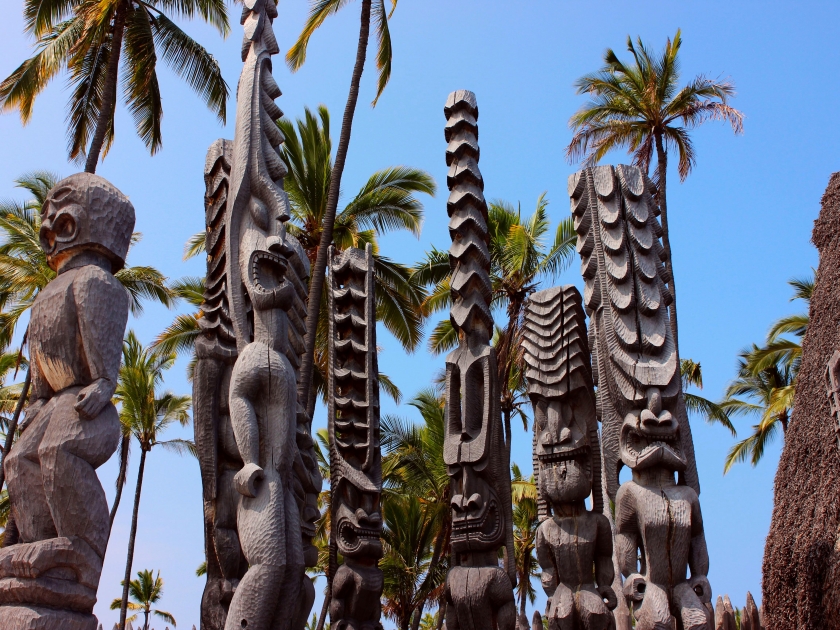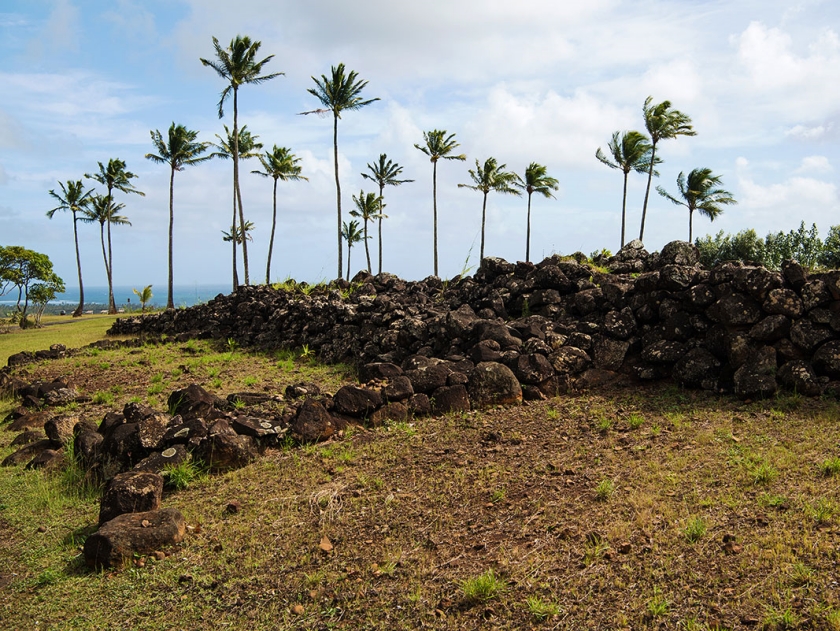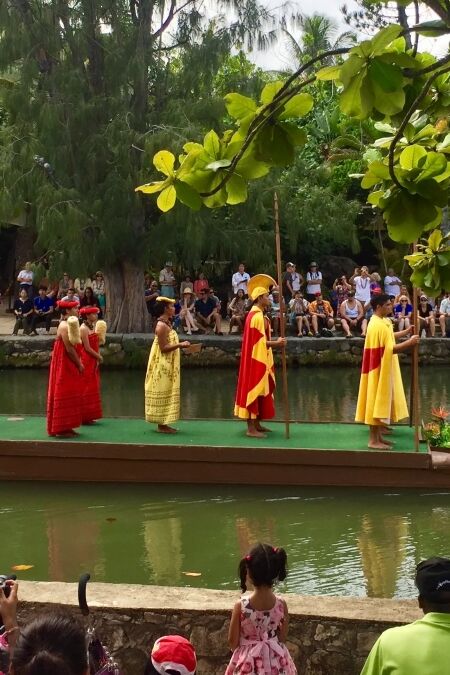Hawaiian cultural heritage is a vibrant mosaic of traditions, customs, and beliefs that are deeply embedded in the islands’ historical narrative. Central to this cultural framework is the Kapu system, a set of ancient laws that governed all aspects of Hawaiian life, from social interactions to environmental management, reinforcing the sanctity of the natural world and the divine lineage of chiefs. This article will explore the pivotal role of Kapu in preserving Hawaiian cultural identity over centuries, examining its impact on governance, daily life, and environmental conservation.
Understanding Kapu

The Kapu system was an intricate framework of rules and taboos that dictated ancient Hawaiian life, influencing social, political, and religious spheres. These laws established sacred prohibitions, defining what was forbidden to maintain spiritual purity and social order. Kapu touched every part of society, from the untouchability of royalty and the sacredness of certain locations to the regulation of everyday activities such as fishing and farming. This system ensured that all actions were in harmony with the spiritual beliefs and the natural world, deeply intertwining the welfare of the community with adherence to divine law.
Learn More: The Ultimate Guide to Understanding Kapu in Hawaiian Culture
Kapu and Hawaiian Governance
In ancient Hawaiian society, the Kapu system was integral to governance, acting as both a legal and moral code enforced by chiefs and priests to uphold order. This set of sacred laws dictated everything from land management to religious ceremonies, effectively centralizing power and reinforcing the social hierarchy. Chiefs and priests wielded Kapu as a tool to control resources, dictate social behavior, and ensure compliance with spiritual dictates. Violations of Kapu were met with severe consequences, including penalties that could be as extreme as death, underscoring the system’s critical role in maintaining societal stability and obedience.
Learn More: How Kapu Influenced Modern Hawaiian Laws
Kapu’s Impact on Daily Life

The Kapu system deeply permeated daily life in ancient Hawaii, regulating activities such as fishing, farming, and cooking with strict rules that aimed to balance human needs with ecological sustainability. Gender roles were distinctly defined under Kapu, where men and women had specific, non-interchangeable duties and restrictions, particularly in food preparation and consumption. These regulations reinforced a social structure that dictated interaction and behavior within the community, fostering a sense of order and respect for tradition. Consequently, Kapu influenced not just the practical aspects of life but also the interpersonal dynamics, shaping how community members related to one another and their environment.
Preservation of Natural Resources
The Kapu system played a crucial role in environmental conservation within ancient Hawaiian society, applying stringent rules such as fishing restrictions and the management of natural resources to ensure sustainability. Seasonal and area-specific Kapus prevented over-exploitation, allowing ecosystems to regenerate and maintain ecological balance. For example, certain fishing grounds were deemed off-limits during breeding seasons to preserve fish populations. These ancient practices bear striking similarities to modern conservation efforts, which also employ seasonal closures and protected areas to safeguard biodiversity and promote sustainable resource use, illustrating the enduring wisdom of Kapu in contemporary environmental management.
Kapu in Contemporary Hawaiian Culture

In contemporary Hawaiian culture, the influence of Kapu is still evident in numerous cultural practices and ceremonies that seek to honor the islands’ heritage. These traditions, ranging from the protocols surrounding the hula to the reverence of sacred sites, embed Kapu principles subtly into modern Hawaiian life. Kapu also plays a vital role in fostering Hawaiian identity and nationalism, serving as a touchstone for community cohesion and cultural pride. To further this cultural connection, numerous educational programs and cultural initiatives actively promote Kapu awareness, teaching both residents and visitors about the system’s historical significance and its relevance in today’s societal values. These efforts are crucial for perpetuating the understanding and respect for Kapu as an integral part of Hawaiian culture.
Forge a Future that Honors both our Heritage and our Environment
Kapu’s enduring legacy is a testament to its profound impact on Hawaiian cultural heritage, exemplifying the importance of integrating traditional wisdom into modern governance and cultural preservation. This ancient system, once the backbone of Hawaiian society, offers valuable insights into sustainable living and community harmony. As we move forward, it is crucial to continue researching and engaging with Kapu and other indigenous practices. We must foster a deeper understanding and appreciation among all communities, encouraging active participation in preserving these traditions.




